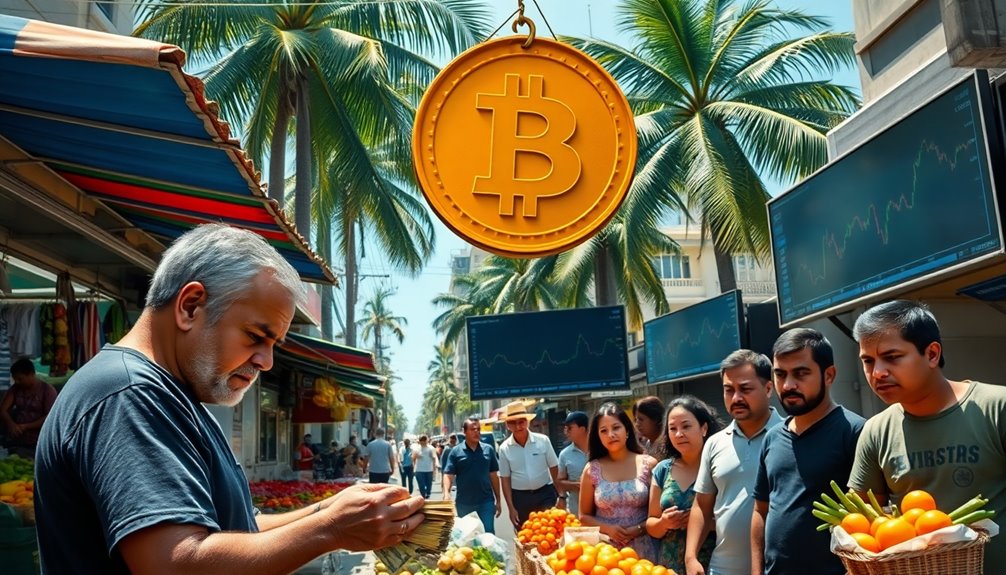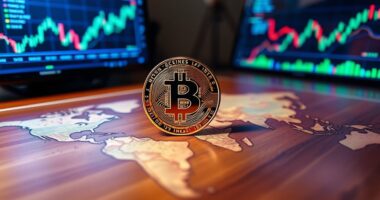You might find it surprising that El Salvador has decided to no longer recognize Bitcoin as a currency. This shift comes after the legislative assembly voted to amend the Bitcoin Law, which initially required businesses to accept it. With growing skepticism among the population and pressure from international organizations, the implications of this decision are significant. What does this mean for the future of cryptocurrency in the region?

Although El Salvador once made history by adopting Bitcoin as legal tender, recent legislative changes have led to its removal as an official currency. In September 2021, El Salvador became the first country to embrace Bitcoin as legal tender, mandating its acceptance alongside the U.S. dollar. The government even launched the Chivo Wallet to facilitate transactions. However, only about 15% of the population trusted Bitcoin at that time, raising doubts about the viability of this bold move.
El Salvador's historic Bitcoin adoption faced challenges, leading to recent changes that removed its official currency status.
Fast forward to now, the Legislative Assembly voted 55-2 to modify the Bitcoin Law. Under the new rules, Bitcoin is no longer classified as a "currency," though it retains its status as "legal tender." This means businesses aren't required to accept it anymore, which marks a significant shift from the previous mandate where they'd to.
The government is also stepping back from its involvement with the Chivo Wallet, which had aimed to promote Bitcoin use. This shift comes amid pressure from the International Monetary Fund (IMF), which pushed for changes to secure a $1.4 billion loan. The IMF criticized the use of Bitcoin as legal tender due to volatility risks.
For businesses, this means they now have the choice to accept Bitcoin if they want. Previously, many faced technical challenges and were concerned about Bitcoin's notorious price volatility. As a result, only a small percentage of businesses reported processing Bitcoin transactions. This limited adoption highlights the practical challenges that came with the initial push for cryptocurrency.
From an economic standpoint, Bitcoin's impact on El Salvador has been minimal. The U.S. dollar continues to dominate as the primary currency, and financial institutions, including the IMF, have voiced concerns about the risks associated with Bitcoin. As part of the loan conditions, the IMF mandated that the Salvadoran government reduce its Bitcoin-related risks while still maintaining its reserves.
Reports indicate that the government holds over 6,000 Bitcoins, reflecting a continued commitment despite recent reforms. Public perception of Bitcoin remains largely skeptical. A 2024 survey revealed that 92% of Salvadorans didn't use Bitcoin for transactions, and protests against the government's policies have been common.
Many still lack access to the necessary infrastructure for using Bitcoin, and significant concerns about its volatility persist. While the government believes in Bitcoin's long-term value, the setback in its currency status indicates a complex relationship between ambition and practicality in the world of cryptocurrency.









